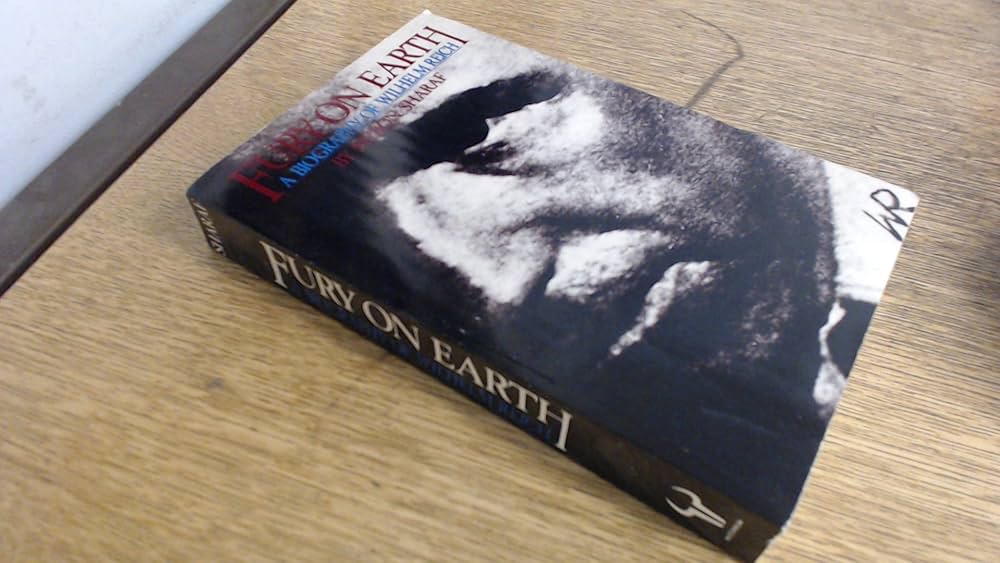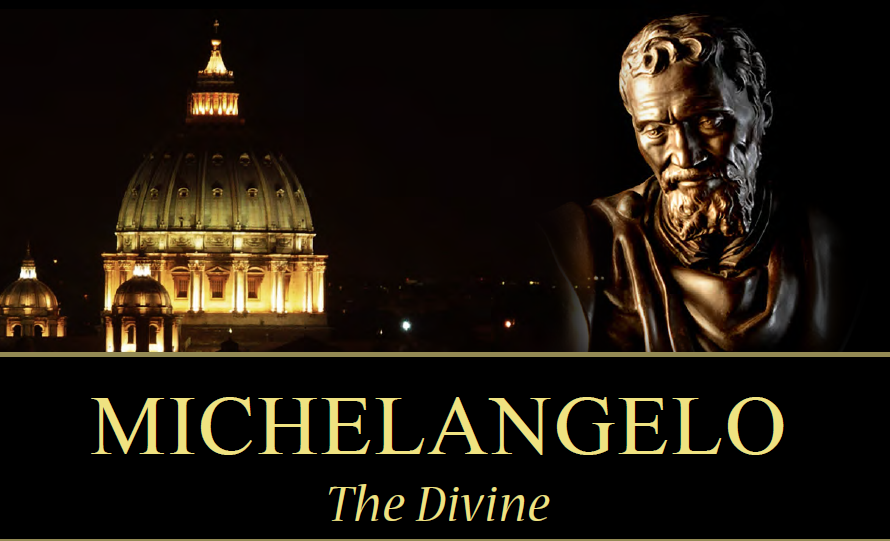Jacques Derrida (1930–2004) is one of the most important and also most talked-about philosophers of the 20th century. His work touched on language, writing, philosophy, literature and much more. Here in this summary I aim to present his biography and main ideas in easy Indian English, in a way that is reader-friendly and useful for SEO purposes.
Early Life and Background
Derrida was born on 15 July 1930 in El Biar, a suburb of Algiers in what was then French Algeria.
He came from a Jewish family (Sephardic background) whose ancestors had been in Algeria for generations.
During World War II, because of the racist laws of the Vichy regime in France-Algeria, he and his family faced discrimination. This early experience of exclusion and being an outsider remained important in his thought.
In 1949 he moved to France, studied at elite institutions including the École Normale Supérieure (ENS) in Paris, and became immersed in philosophy.
Academic Formation & Early Career
At ENS and afterwards, Derrida studied phenomenology (especially Edmund Husserl) and other major traditions in philosophy.
In the early 1960s he began publishing articles and giving talks. By the mid-1960s he formulated many of the ideas that would later become famous under the name “deconstruction”.
He taught at ENS (1964–84) and later at the École des hautes études en sciences sociales (EHESS) in Paris.
Major Philosophical Ideas
Deconstruction
Derrida’s best‐known contribution is what he called “deconstruction”. What does that mean in simple terms? He challenged the traditional Western view that meaning, writing, speaking and presence are stable and fixed. Instead he showed that texts, language, philosophy are always more complex and unstable.
One of his key terms is différance (a French word combining “difference” and “deferral”)—the idea that meaning is always deferred, never fully present, always in relation.
He also stressed the importance of “writing” (in French, écriture) rather than just “speech” in how philosophy and meaning get formed.
Critique of Western Metaphysics
Derrida argued that much of Western philosophy relies on metaphysical assumptions of presence, origin, foundational meaning. He challenged this by showing how those assumptions depend on traces, differences, play of signs.
Influence on Literature, Culture & Other Fields
Beyond philosophy, Derrida’s ideas influenced literary theory, cultural studies, architecture, legal theory and more. He showed how language, writing, text, interpretation matter in many fields.
Life Highlights & Key Moments
-
Born in 1930 in Algeria; endured anti-Jewish laws during WWII.
-
Studied at ENS; moved to mainland France; immersed in philosophy.
-
Mid-1960s: published major works like Of Grammatology (1967) and Writing and Difference (1967).
-
He taught in France and also in the USA; travelled widely, becoming internationally influential.
-
He faced both acclaim and critique: his writing style was sometimes seen as difficult or obscure.
-
Passed away on 8 or 9 October 2004 in Paris.
Why Derrida’s Life Matters for Us
-
His background (Algerian Jewish youth, anti-discrimination experience) shaped his concern with the “other”, marginality and the question of identity.
-
In an Indian context, his ideas help us think about language, difference, identity, translation, tradition vs modernity.
-
For students, his work shows how to interrogate assumptions: not take ideas for granted, but ask how they were formed, what supports them.
-
As web developer or content creator (you mentioned you are a web developer), his ideas about writing, text, trace can be metaphorically useful: content is not just fixed, meaning shifts, context matters, difference matters.
Summary of Key Works (Short)
-
Of Grammatology (1967): challenges the privileging of speech over writing, argues writing plays a foundational role.
-
Writing and Difference (1967): collection of essays where he explores difference, discourse, language, meaning.
-
Voice and Phenomenon (1967): deals with Husserl and the notion of the sign, the voice, presence.
-
Later works explore ethics, politics, hospitality, the question of the animal, trace and more.
Impact & Criticisms
Impact:
-
Derrida changed the way scholars think about texts, meaning, language. His influence spread across philosophy, literature, cultural studies.
-
He offered tools to think about marginal voices, power of language, identity, difference.
Criticisms:
-
Some philosophers (especially in the analytic tradition) argued his work lacked clarity, was too obscure or rhetoric-heavy.
-
Some say deconstruction leads to relativism, though Derrida himself resisted simple “anything goes” readings.
-
His style and writing are demanding; some readers find his jargon heavy.
Relevance Today
In our world of social media, multiple languages, translation, hybrid identities (especially relevant in India), Derrida’s ideas resonate:
-
The idea that meaning is not fixed but shifts with context is very relevant when content moves online and across platforms.
-
Questions of authorship, voice, translation: when you post content, who is the speaker, whose voice, what context?
-
Identity, difference and the “other”: important in multicultural societies, post-colonial contexts (India very relevant) — Derrida’s early experience in Algeria gives him insight there.
-
Deconstruction can help us critique dominant narratives: for instance, in culture, politics, media we can ask: what assumptions underlie them? What is being left out?
Tips for Reading Derrida (and His Biography)
-
Start with accessible secondary summaries — his original texts can be dense.
-
Keep context in mind: colonial Algeria, French intellectual scene, phenomenology, structuralism.
-
Note that he builds on thinkers like Husserl, Heidegger, Saussure, but also pushes beyond them.
-
Don’t expect straightforward positions. His writing often shows complexity, paradox, multiple voices.
-
Relate his ideas to your own field or interest (e.g., content creation, language, translation) to make them live.
Conclusion
Jacques Derrida was not just a philosopher writing abstract texts: his life — shaped by colonial Algeria, Jewish identity, migration, elite schooling — gave substance to his philosophical concerns. His work on deconstruction, language, difference, trace invites us all to think more deeply about meaning, identity and culture. For a web developer or content creator in India, his thought offers fresh lenses: how meaning forms online, how voice travels across languages, how identity shifts in global contexts. By understanding his life and main ideas in simple language, we open up new ways to engage with text, content and culture.








